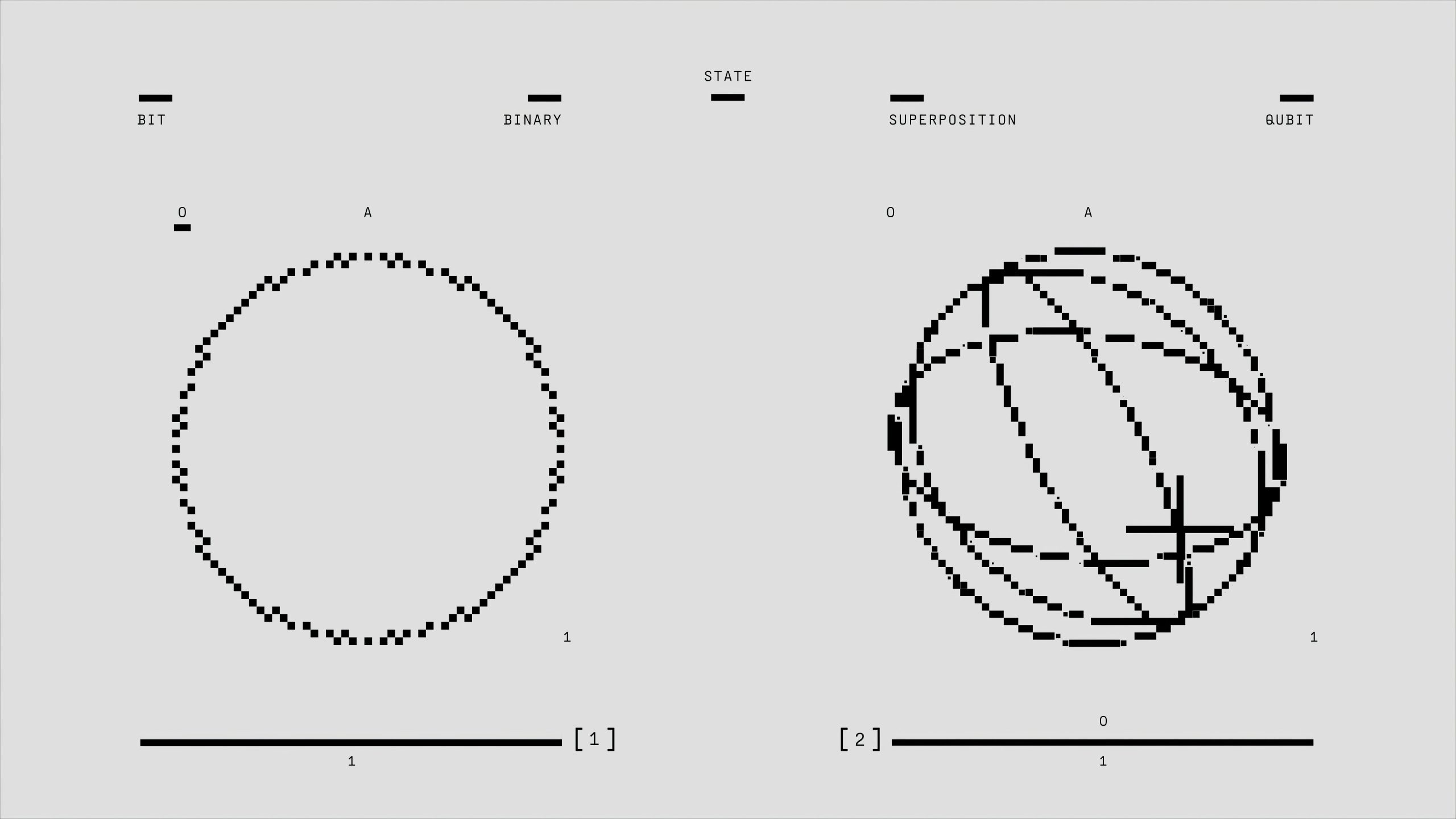Understanding Insurance Liability and Reporting After an Accident: What Happens When No Claims Are Filed
In the complex world of auto insurance, timely and accurate reporting of incidents is crucial. But what happens if you’re involved in an accident, don’t inform your insurer, and no claim is ever filed? Let’s explore a real-world scenario to shed some light on this situation and provide clarity for drivers navigating similar circumstances.
Case Overview:
Imagine you were involved in a collision over a year ago in California. While you suspect you were at fault, you did not file a claim with your insurance company. Shortly after the accident, the other party’s insurance adjuster reached out to you to request a statement. Due to personal commitments, you couldn’t respond immediately, and since then, there has been no further contact—no letters, calls, or claims filed. Interestingly, your insurance policy remains active, with no claims recorded, and your good driver discount is intact despite renewing twice since the incident.
Key Questions:
One common concern in such cases is: If this matter resurfaces later, when does the statute of limitations begin? Is it from the date of the accident, or from the moment your insurer becomes aware of the event?
Understanding the Timing of Claim Limitations:
Generally, the statute of limitations for filing insurance claims varies by jurisdiction and policy specifics. In California, the general rule is that insurance companies have up to three years to initiate legal action or decide to pursue a claim, starting from the date of the incident or the date the insurer becomes aware of the claim, whichever occurs later.
Implications for Policyholders:
Since your insurance has no claims registered and your coverage remains unaffected, it indicates that your insurer has not officially opened a claim pipeline on your policy. However, the fact that the other party’s insurer contacted you suggests they might be assessing liability or preparing to file a claim.
What Could Be Happening?
There are several possibilities:
– The other party’s insurer may be investigating the incident and hasn’t yet filed a claim.
– They might be waiting to see if the responsible driver (you) files a claim before proceeding.
– The communication may have been part of early settlement negotiations or an inquiry to gather information.
Recommendations:
– Keep detailed records of all correspondence related to the incident.
– Consider consulting with an insurance professional or attorney to understand your rights and obligations.
– Be prepared for the possibility that the insurance company may revisit the incident, even if no initial claim was made.
– Maintain awareness



